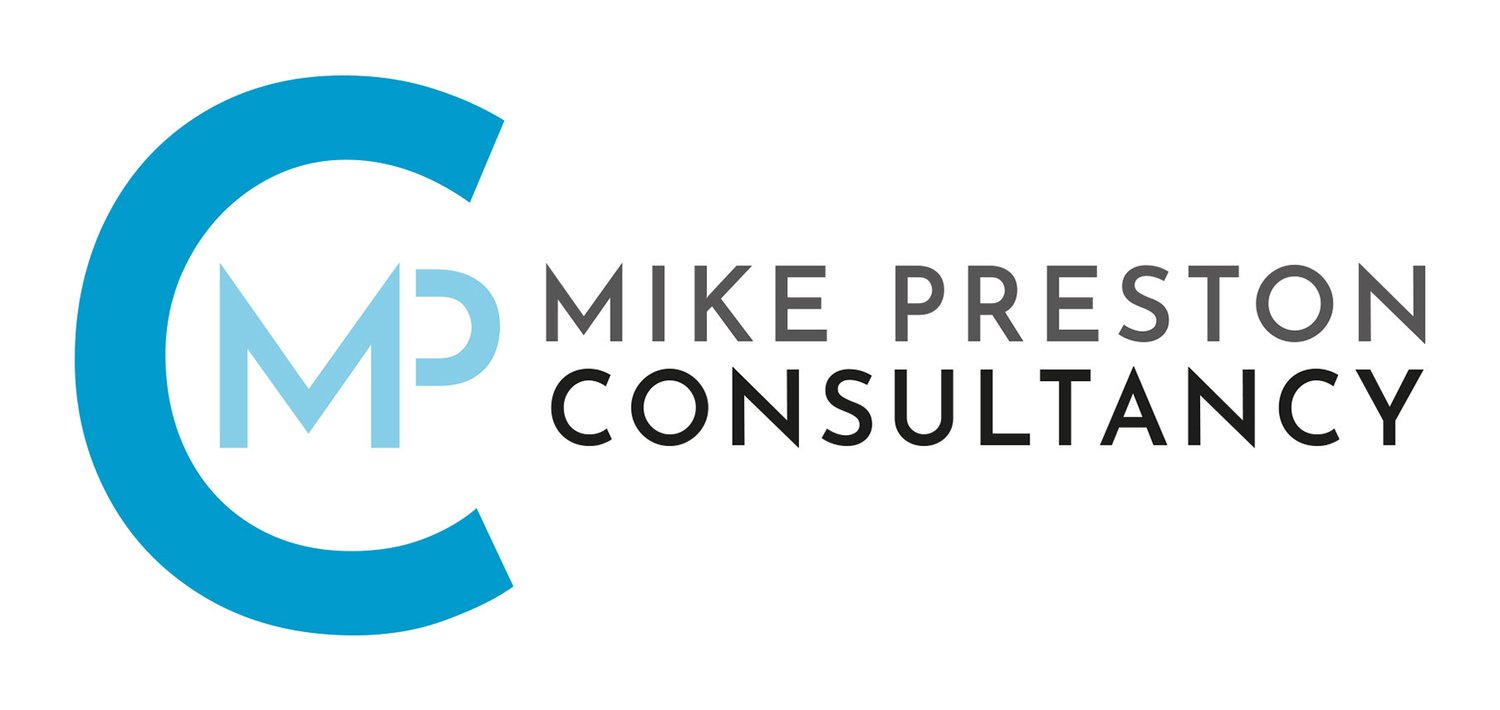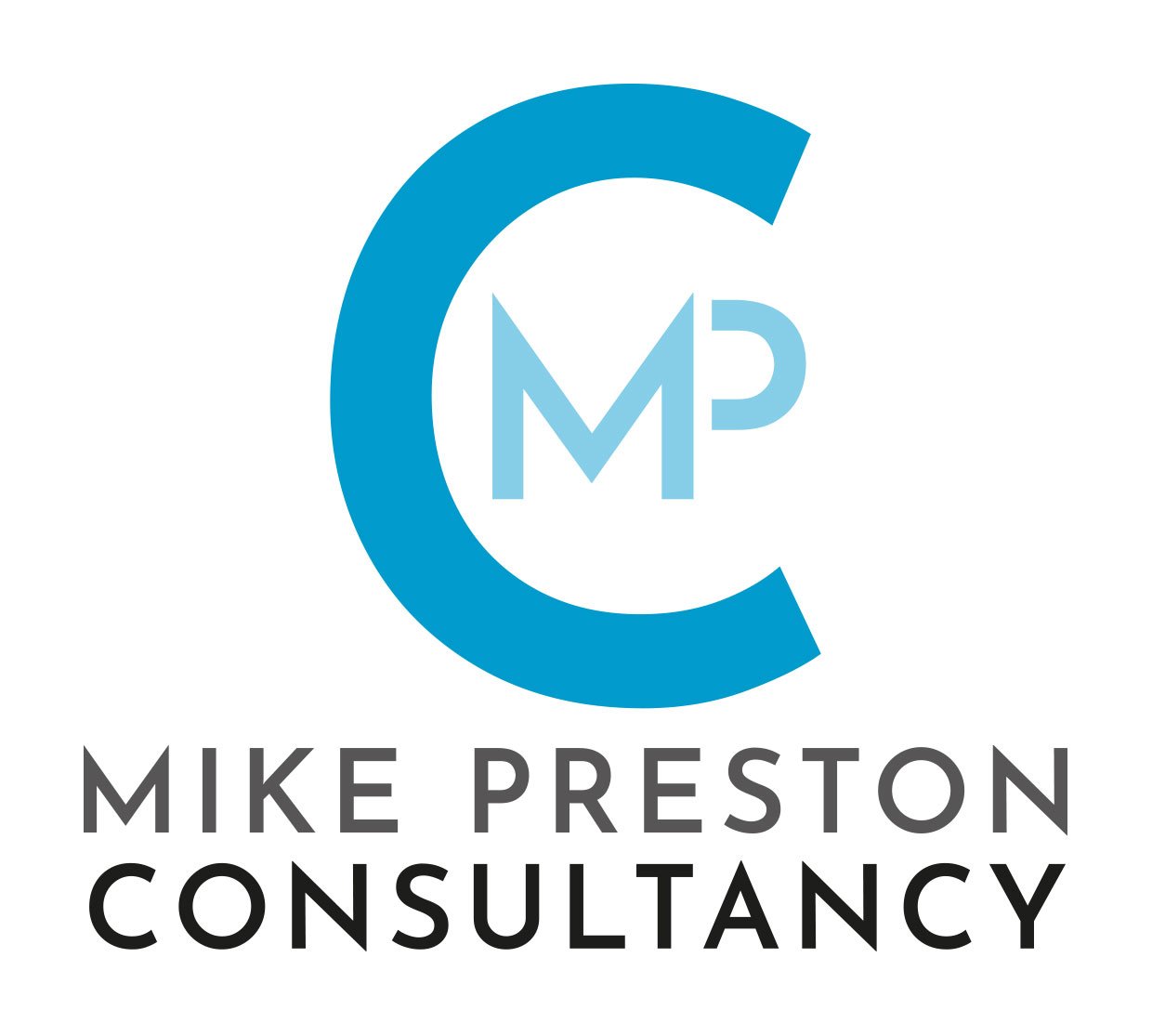Governance - Friend or Foo?
Governance is key to not only the success of your organisation, but also essential for ensuring trustees, and staff understand their remits, and protect them in the event issues. Take the failing of Kids Company as an example, the lack of governance here lead to not only the failure of the charity, but also an enquiry and action against senior management.
So, what we do actually mean governance? Our suggestion is ensuring their are sufficient policies in place to ensure everyone knows their remit and the responsibilities. We also believe that a key part of governance is ensuring that sufficient records are kept of decisions, and discussions in meetings, but also adhoc. This is key to ensuring that everyone who needs to know about a topic, can find out should they need too.
Our Top Tips
Policies - Ensure you have an organisational policy tracker; this should include things like review date, owner and summary of contents. We would recommend that the Owner is recorded as a job role, rather then a person. This makes it easier should you have a change of personal. This tracker should be owned by the board of trustees, and we would recommend you keep it as a rolling item on your agenda to ensure you are always on top of it. Remember all policies should be signed off by the board of trustees.
Delegated Authority - This policy is vital to ensuring that everyone understands the activity and decisions they are able to make. It should include everything from finance and funding, to services and admin. It should be clear what the activity and who it is delegated too. Again, this should be owned by the board of trustees, and reviewed regularly. The trustees should consider what activities need to be delegated in order that staff undertake their roles, and have the autonomy they need to effective fulfil their role description.
Trustee Meetings - It’s vital that minutes of trustee meetings are detailed enough that third parties can understand the discussions that take place, as well as any votes of decisions made. Trustee minutes should be reviewed and confirmed as accurate by the board. This could either be in a minute, or digitally. We would also recommend that trustees keep an actions log from their meetings. This should outline an actions that are discussed in the meeting, as well the owner and timeline. Outstanding actions can then be reviewed each meeting, and minutes made on the progress.
CEO Supervision - It’s the board’s responsibility to supervise the CEO. We would recommend that this done by the chair or vice-chair, and that any supervision meetings are minuted and the board are updated. You might like to consider having a period of the trustee meeting without staff present, so that any matters relating to staff are discussed in private.
How We Can Help
Audit - We can complete an independent audit of policies and procedures. We can review your delegated authority policy, as well as reviewing trustee minutes to ensure they are collecting the information required.
Training - We can run training sessions for your trustees, and staff to help them understand their roles and responsibility, as well as the chain of command.
So our summary, is that Governance is very much your friend, and can make a huge difference should the worse happen. But it is also a great tool to help you manage you staff, and it can easily be embedded into the organisation. Technology is very much your friend, and can make governance simple and effective.
Remember to sign up our newsletter to keep up to date with our top tips, and follow us on social media for all our updates.

